Deck & Commander Strategies
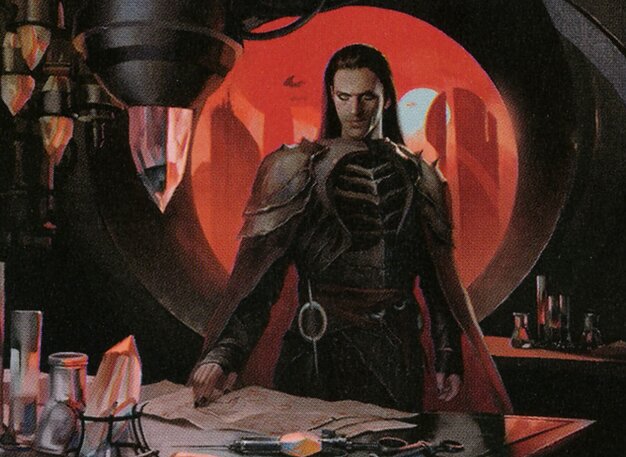
Yawgmoth, Thran Physician
Utilizes sacrificing creatures to draw cards, generate value, and control the board through poison counters and removal triggers, aiming to out-resource opponents and win via incremental advantage or combo.
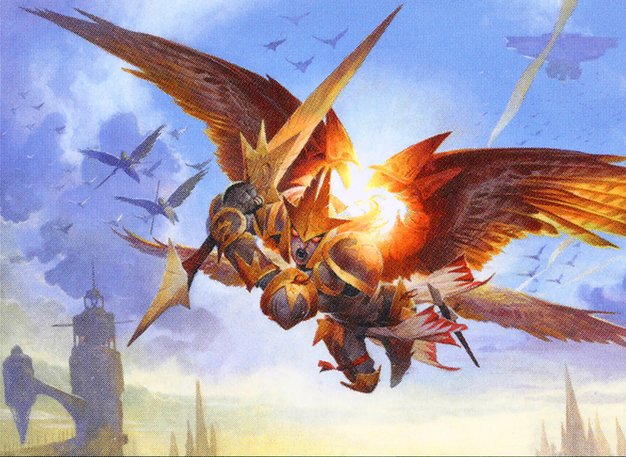
Feather, the Redeemed
Focuses on casting instant and sorcery spells targeting friendly creatures to generate repeated combat damage and value, leveraging Feather's ability to return these spells for continuous aggression.
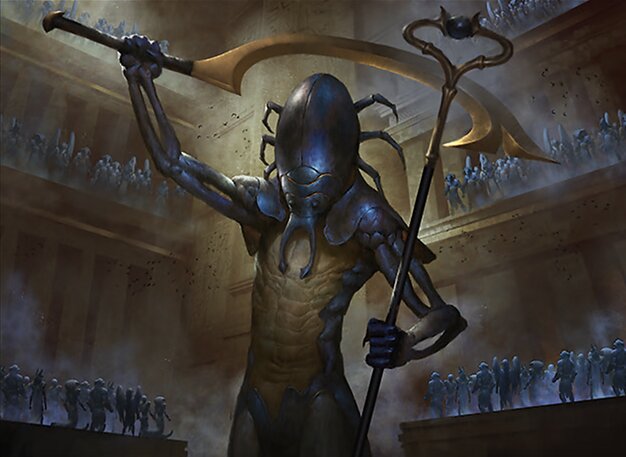
The Scarab God
Controls the board through life drain triggers and creature reanimation from opponents' graveyards, aiming to wear down opponents gradually while maintaining a resilient zombie army.

Nezahal, Primal Tide
Acts as a big, evasive threat with card draw abilities, enhanced by equipment to grow larger and deal significant commander damage, aiming to close out the game with a voltron-style beatdown.
Gameplay Insights
- 1
Eliot's flickering of Nezahal in response to Slaughter the Strong was pivotal to maintaining board dominance and avoiding a lethal board wipe.
- 2
Bill's use of Butcher Ghoul and Sifter of Skulls with Yawgmoth’s sacrifice abilities allowed continuous generation of Eldrazi Scion tokens and card draw, creating a resilient board presence.
- 3
The Scarab God's passive life drain each upkeep slowly pressured all players, influencing their decisions and resource management.
- 4
Equipping Nezahal with Strata Scythe and Inquisitor's Flail transformed it into a massive threat that could deal overwhelming commander damage, forcing opponents to respond immediately.
- 5
Maddy's Feather deck relied on incremental combat boosts and returning instants, but struggled to keep pace with the heavy board presence and card advantage generated by others.
- 6
Players effectively used mass bounce and sacrifice synergies to disrupt opponents while maintaining their own board states, showcasing strong timing and resource management.
Notable Cards
-

Nezahal, Primal Tide
-
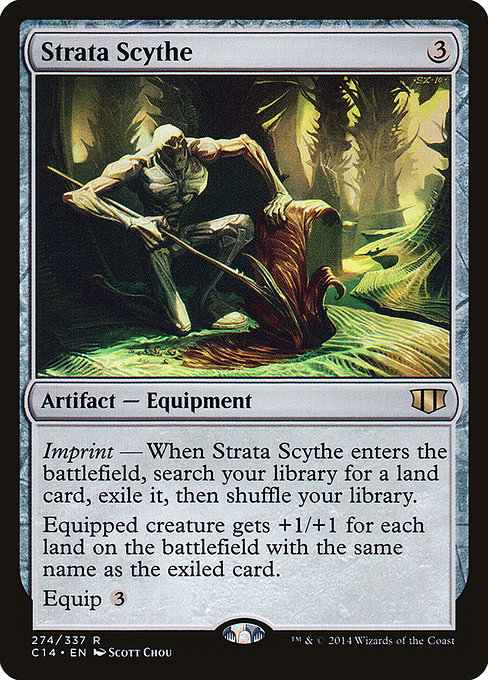
Strata Scythe
-
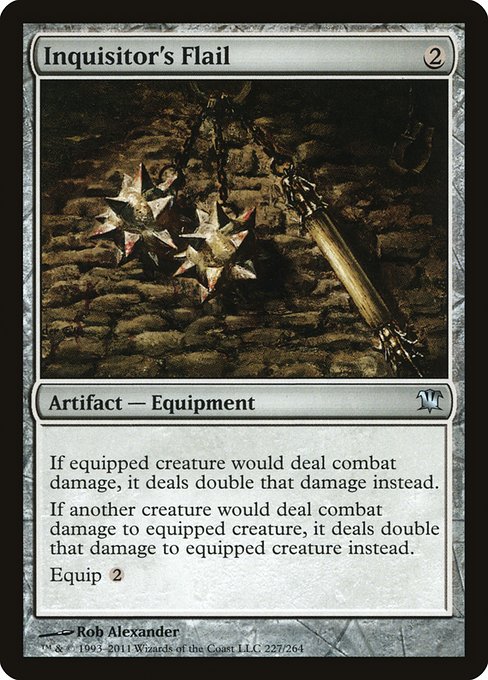
Inquisitor's Flail
-

Yawgmoth, Thran Physician
-
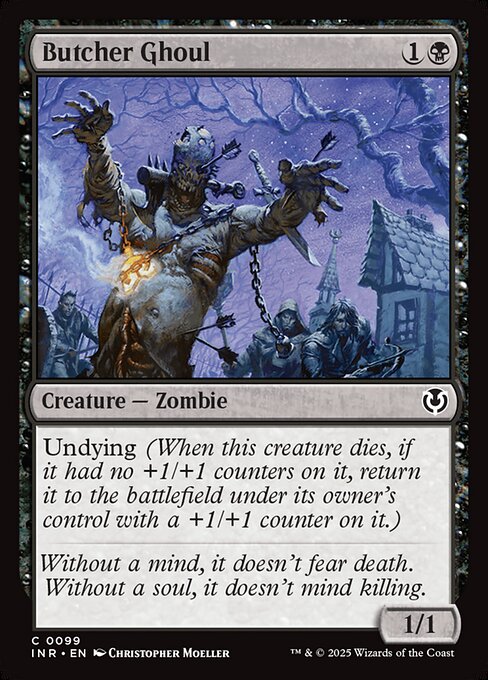
Butcher Ghoul
-
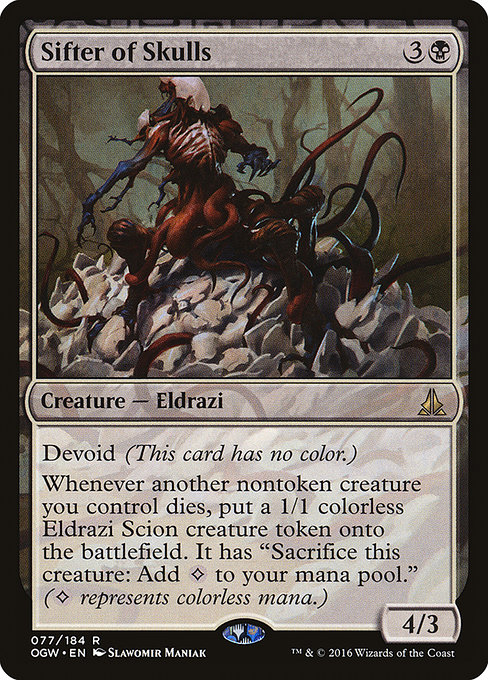
Sifter of Skulls
-
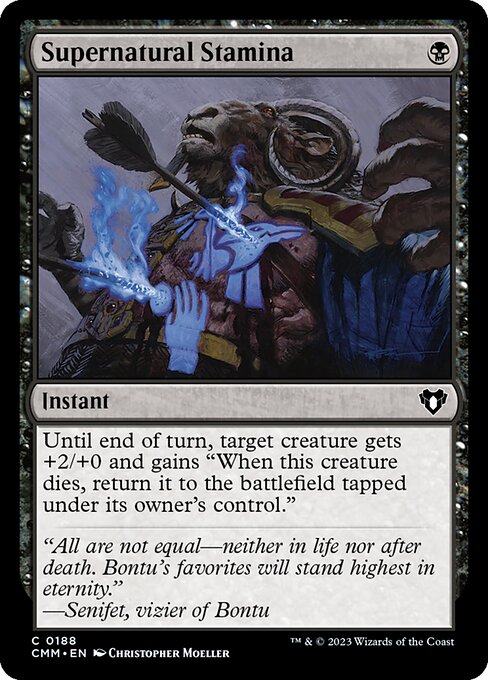
Supernatural Stamina
-

The Scarab God
-

Feather, the Redeemed
-
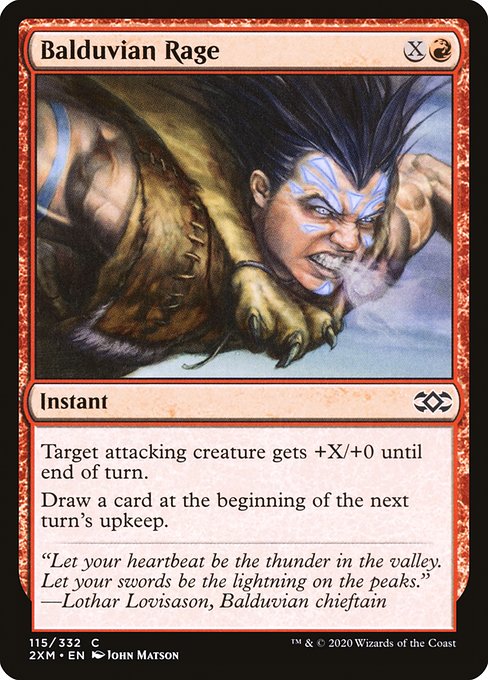
Balduvian Rage
-

Slaughter the Strong
-
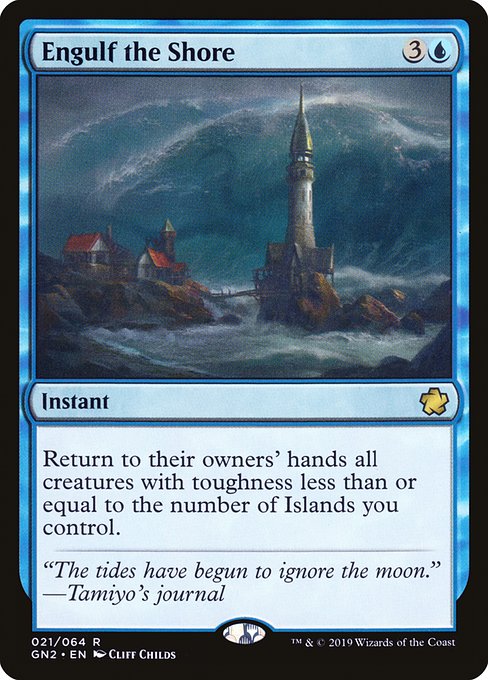
Engulf the Shore
Gameplay Summary
The game unfolded with all players ramping efficiently using mana rocks like Worn Powerstone, Fractured Powerstone, and Sphere of the Suns, quickly establishing board presence.
Early turns saw Feather, the Redeemed and The Scarab God enter the battlefield, while Nezahal, Primal Tide was cast and equipped with Strata Scythe and Inquisitor's Flail to become an enormous threat, even reaching 13/13 power.
Bill’s Yawgmoth, Thran Physician deck leveraged creatures like Butcher Ghoul and Sifter of Skulls to generate value through sacrifice and token production, fueling card draw and board resilience.
The Scarab God's passive drain triggered each upkeep, steadily chipping player life totals.
A key turning point was when Eliot (Nezahal) successfully protected his commander from a Slaughter the Strong board wipe by flickering it, maintaining his dominant board state.
Bill also used Supernatural Stamina to protect his Sifter of Skulls, ensuring continuous token generation despite mass removal attempts. Combat phases became critical, with Nezahal dealing heavy commander damage and being a primary target for removal.
Maddy’s Feather deck attempted to push damage through spells like Balduvian Rage, but was overwhelmed by the sheer size and resilience of opposing creatures.
Bill’s Yawgmoth deck excelled at recurring creatures and drawing cards through sacrifice synergies, enabling him to maintain pressure and resource advantage.
The game’s momentum favored the players who effectively combined creature recursion and board control, with Nezahal’s massive size and indestructibility marking the central threat.
The likely win condition revolved around commander damage from Nezahal and incremental advantages from Yawgmoth’s sacrifice engine, with Feather providing aggressive pulses and The Scarab God applying steady life drain pressure.














![Commander VS S16E1: Ayula VS Urza VS The First Sliver VS Yawgmoth [EDH] thumbnail](https://i.ytimg.com/vi/tkuMVsCr0s4/sddefault.jpg)


![Season Finale Fan Special [Commander VS 305] | Magic: the Gathering Commander Gameplay thumbnail](https://i.ytimg.com/vi/4VCbfC4ADDk/sddefault.jpg)




















